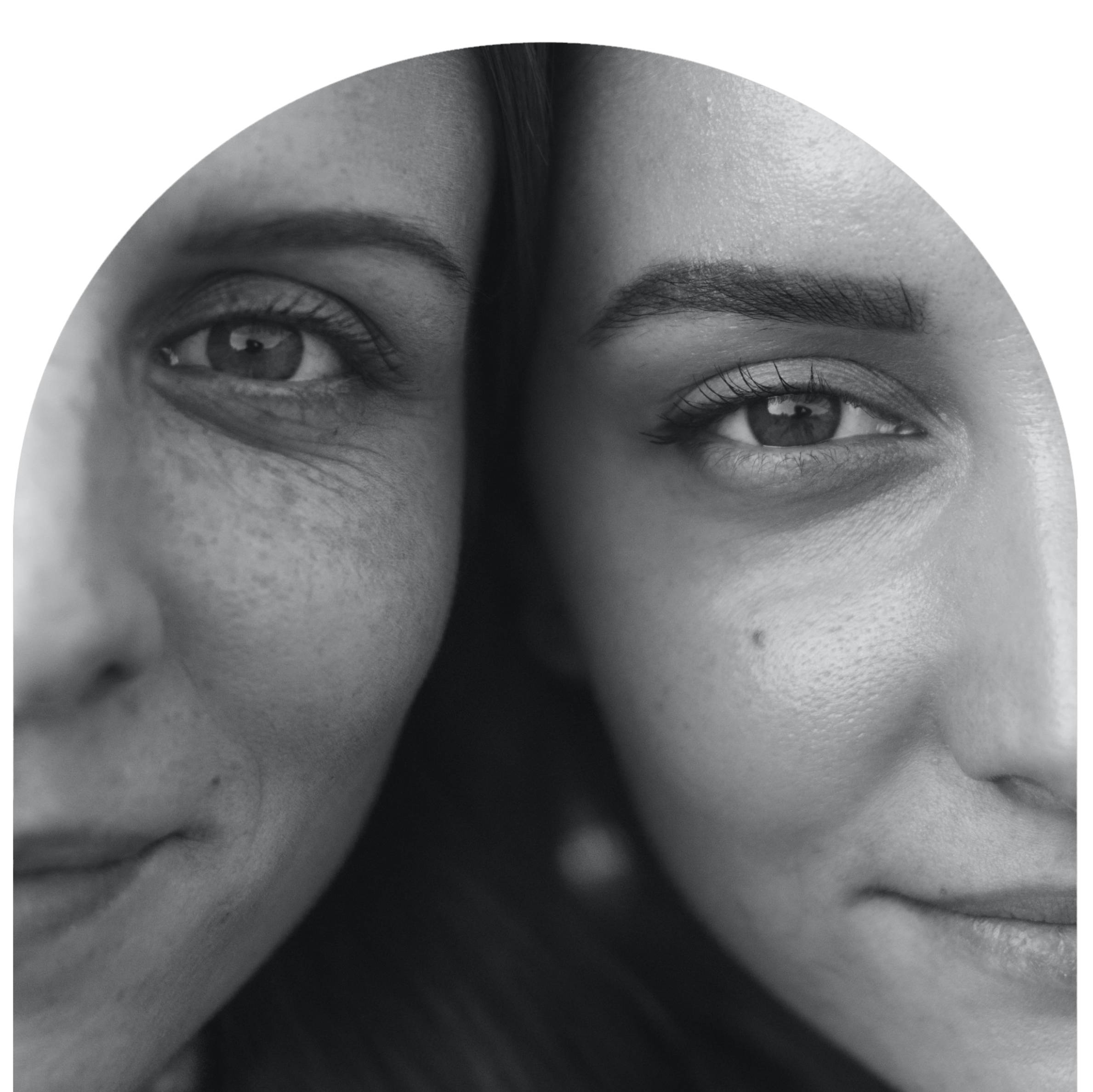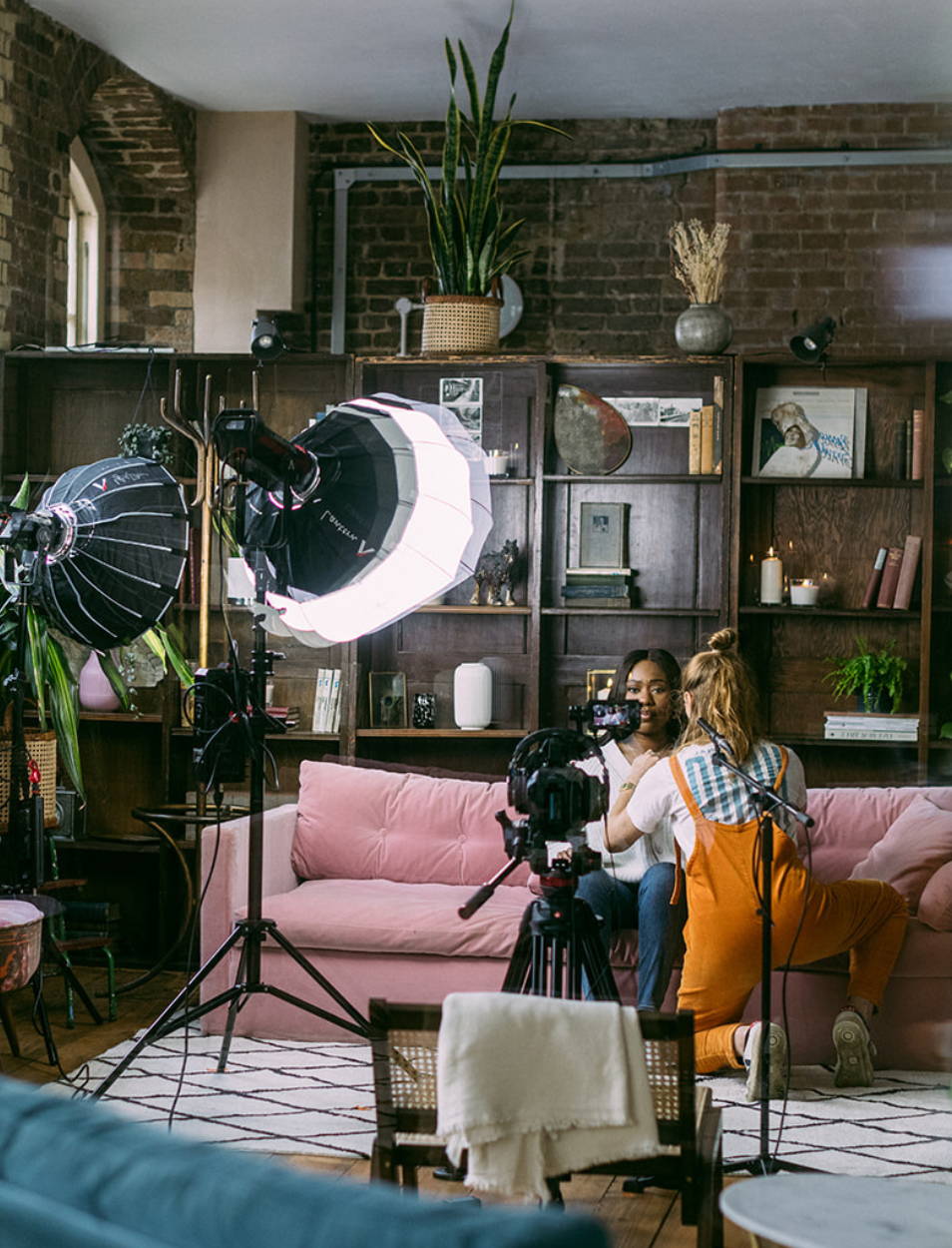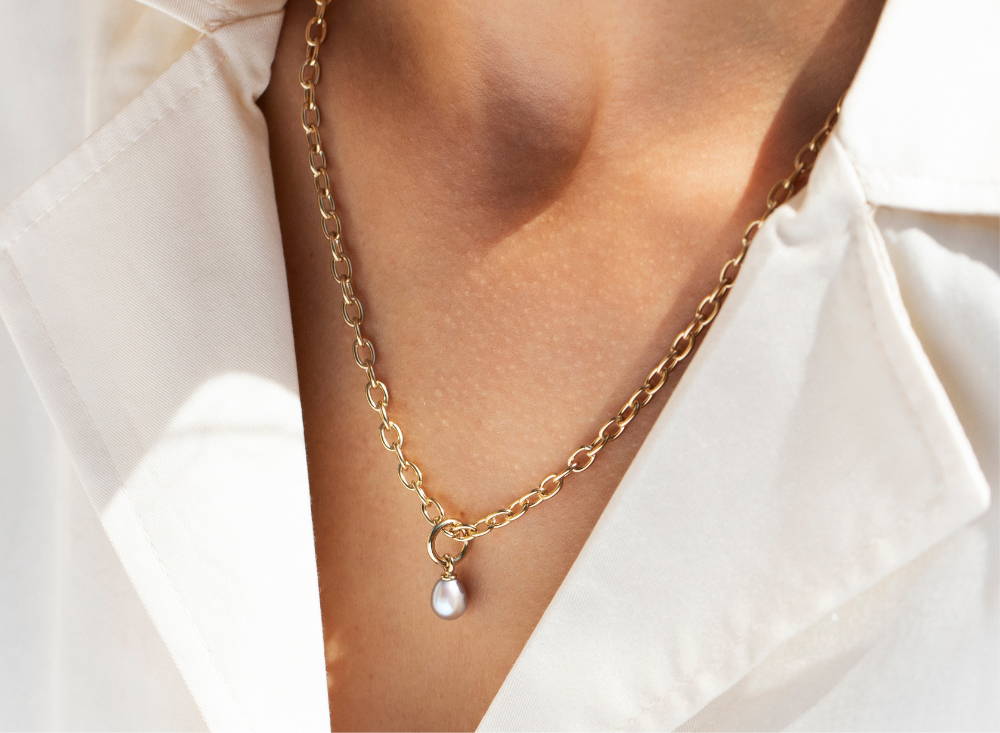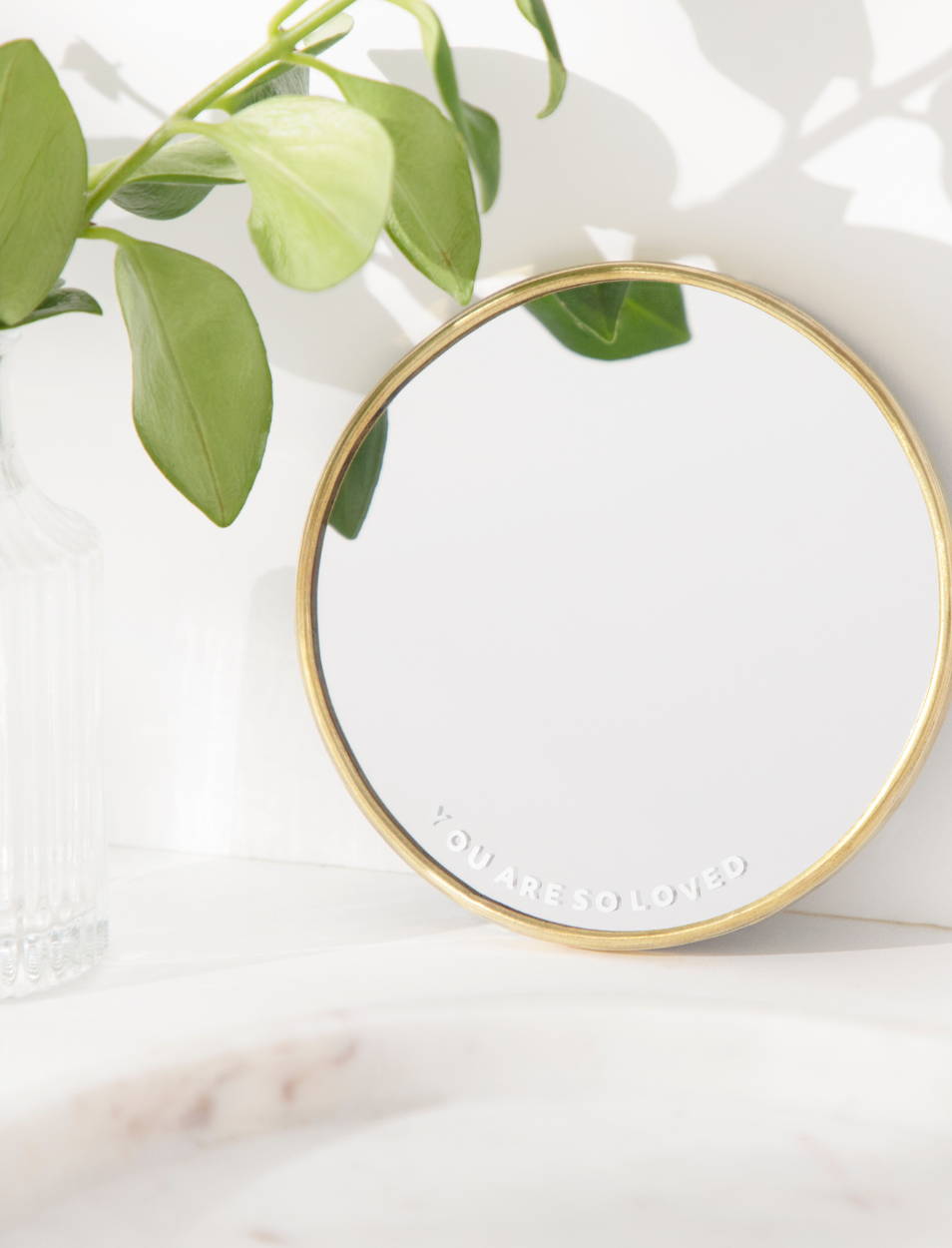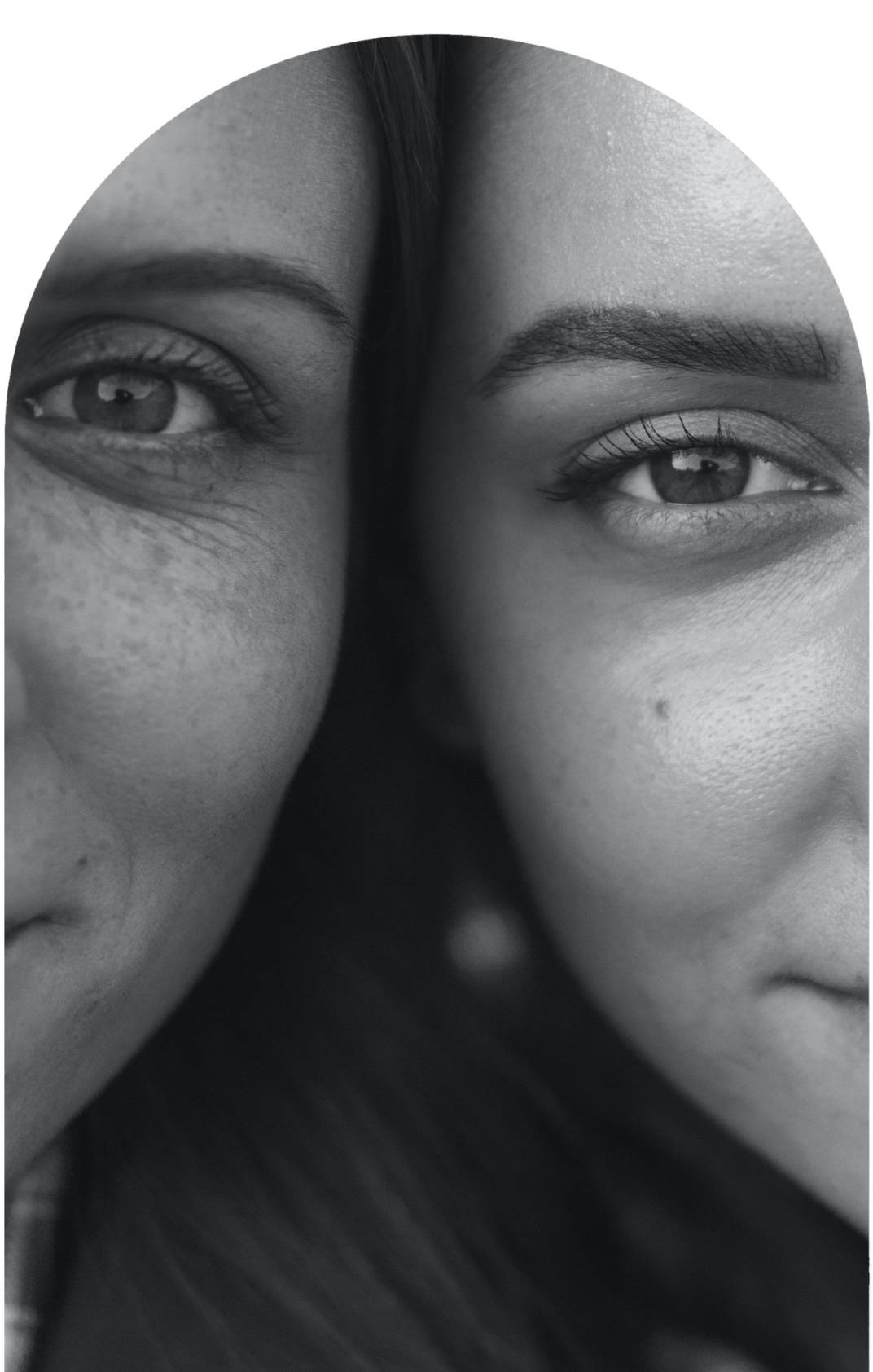
Perhaps we’re most familiar with the word ‘recognition’ in association with awards ceremonies or employee schemes. There are 9.3 billion Google search results for the term ‘the power of recognition’, multiple pages based on the importance of recognition reward schemes in the workplace. While there’s certainly food for thought in observing the power of recognition at work and how it can be applied to other areas of our lives, we must evolve from the notion that recognition is solely connected to what you do and achieve - and not simply about who you truly are, and what you’re worth.
The power of recognition is to see and be seen. To be seen for who you are, what you bring and seen in the experiences in life you have faced or are facing.
Psychotherapist Anna Mathur comments: “People seek to feel loveable and understood. Two seemingly simple things that have been lost through pain, trauma and childhood experiences. Our self-esteem is so commonly based on external values (work, efficiency ,finance etc.) that we can so understandably learn that feeling loveable and understood comes with adding to ourselves, rather than accepting that we are worthy of those things regardless of what we have and what status we have. Being recognised is being seen, acknowledged and accepted despite what we have built up for ourselves, not because of it.”
The power of recognition is to see and be seen.

Within society constructs that place more value on what you do than who you are and what you may be walking through, it is not surprising so many of us feel undervalued, unseen and ever in need of recognition.
To understand its power, it’s helpful to think about the opposite of recognition. We have all at some point in our lives felt undervalued, not appreciated, disregarded, forgotten, unseen. These are huge pain points that exist in our lives and flow out to the world around us, impacting the people we meet and spend time with on a daily basis. According to our research in the Age of Recognition Report, 47 per cent of adults in the UK have felt undervalued at times in the last 18 months, this average significantly rises to 59 per cent in 25–34-year-olds.
Anna comments: “We can feel chronically undervalued, both by ourselves and those around us. Much of what we do is a mental and emotional load, which is not always overt unless spoken about. Toxic positivity pressures us to be grateful all the time, finding people likely to hide flaws and behind-scenes-realities out of fear of judgment, or being told to be grateful, thus feeling their vulnerability painfully dismissed. We can end up feeling split as individuals – showing the good, hiding the ‘bad’. Yet as humans we are whole, made up of light and dark, neat and messy, clarity and disfunction and all that lies between.”
We can often hide the very things we need to feel seen in. We are shaped by our life experiences which impact how we go about our daily lives. Those struggling with their mental health still continue to struggle with their mental health at work, people journeying with cancer walk into retail spaces carrying the weight of the world on their shoulders. Life goes on and the world passes by as so many of us continue to navigate pain on our own. Whether it be motherhood, mental health or cancer support, our lives are made up of extraordinary highs and lows. Through both, we need to feel seen and recognised. It just so happens that when we’re going through the hardest seasons of our lives is often when we need to receive recognition the most. Recognition involves penetrating these spaces to come alongside. The reason people feel seen is because you care enough to uncover what’s not seen.
Anna comments: “Feeling recognised is a step beyond empathy, a step beyond the gentle smile or knowing nod, or the utterance of ‘I’ve felt that too’. Recognition is the antidote to being undervalued. It says ‘I see you as a person with all that entails. I see your struggle, your attempts to get it right, I see your limits and your depths, your dysfunctions and your pain, and I choose to acknowledge, respect, value and hear you as you are. I do not need to wait until you have improved, bettered yourself or healed, and I value you regardless of where you are at on any kind of journey’.”
It’s often said: Hurt people hurt people. I’d like to add: Healed people heal people. Recognition can be a source of healing amid a broken world. There is power in being seen, both on an individual level and the collective impact it has on those around us and the societies we live in. Every act of recognition repairs a little part of our hearts. A world full of healed hearts is a world worth living in. From the top level of government to the people who make our coffee orders in the morning, there is no place in society where recognition can’t reach and leave a mark.
YOU MIGHT ALSO LIKE...

